At the workshop to collect opinions on plans to reduce and simplify tax administrative procedures organized by the Tax Department on April 21, many specific solutions were proposed, demonstrating the spirit of proactive, drastic and synchronous action.
According to Official Dispatch No. 22/CD-TTg dated March 9, 2025 and Resolution No. 66/NQ-CP dated March 26, 2025 of the Government, ministries, branches and localities must review and simplify business regulations, cut costs and shorten the time to process administrative procedures for people and businesses. In particular, the reform of tax procedures is urgent due to their popularity, high frequency of use and direct impact on production and business activities.
Currently, the tax administrative procedure set includes 219 procedures implemented at the Department, Branch and Tax Team levels. Of these, 134 procedures have been provided as full-process online public services, reaching a rate of 61.2%. In addition, 105 tax procedures (equivalent to 48% of the total number of administrative procedures) have been integrated into the National Public Service Portal.
For frequently performed procedures such as tax registration, tax declaration, tax payment, tax refund, etc., the electronic implementation rate reached more than 99%. The application of information technology has helped the tax sector provide a variety of methods for performing administrative procedures, including in person, by post, online, through public postal services and specialized electronic applications, meeting the diverse needs of taxpayers.
One of the notable points at the workshop was the number of administrative procedure dossiers that the tax authority receives annually. If in 2022 the tax sector received 22.8 million dossiers, by 2024 this number had increased to 25.5 million dossiers, reflecting the increasing need for administrative procedures of people and businesses. However, thanks to the promotion of digital transformation, the rate of dossiers received online has increased sharply, reaching 87.9% in 2024.
During the same period, the number of dossiers received directly or by post has decreased from 5.3 million dossiers (in 2022) to 3 million dossiers (in 2024). This not only shows the efforts of administrative reform in the tax sector, but also reflects a positive change in taxpayer behavior when switching from traditional contact to digital access.
In the context of the State administrative apparatus being reorganized towards streamlining, professionalism, effectiveness and efficiency, the tax sector identifies administrative procedure reform as one of the key political tasks that must be implemented regularly and resolutely.
 |
Mr. Dang Ngoc Minh, Deputy Director of the Tax Department, spoke at the workshop. (Photo: Organizing Committee) |
Speaking at the workshop, Mr. Dang Ngoc Minh, Deputy Director of the Tax Department, emphasized: "Administrative procedure reform is not only an inevitable requirement but also an urgent demand from practice, contributing to creating a favorable investment and business environment, promoting economic recovery and development".
According to Mr. Minh, based on the general reform plan of the Government and the Ministry of Finance, the Tax Department has issued a Plan to review, simplify and reduce tax administrative procedures for the 2025-2026 period with eight key tasks. In particular, the task of comprehensively digitizing tax procedures, standardizing forms, shortening processing procedures, applying shared data and a one-time declaration mechanism is given special priority.
At the same time, tax authorities will increase consultation with people and businesses, survey satisfaction to adjust inappropriate and troublesome administrative procedures.
According to the Government's orientation, 2025 is an important milestone when ministries and branches must cut and simplify at least 30% of unnecessary business investment conditions; reduce 30% of processing time and administrative procedure compliance costs.
By 2026, the target will be even higher: reduce compliance time and costs by 50% compared to 2024, ensure 100% of reporting regimes are done electronically, and 100% of eligible administrative procedures are provided as full-service online public services. These are challenging goals but have great significance in improving the investment and business environment and increasing the competitiveness of the economy.
At the workshop, experts, representatives of enterprises, associations and management agencies shared practical experiences in reviewing and reforming administrative procedures at ministries, branches and localities. Many opinions said that tax procedure reform needs to be substantive, with a clear roadmap, closely following the actual needs of enterprises.
Some delegates proposed that the tax sector should promote data integration with the systems of the judiciary, police, and banking sectors to effectively exploit information and reduce re-declaration requirements for people and businesses.
Deputy Director Dang Ngoc Minh affirmed that the Tax Department will fully absorb all comments and continue to review and comprehensively evaluate current procedures. On that basis, the tax authority will propose to amend, supplement, replace or abolish regulations that are no longer appropriate and cause difficulties for people and businesses.
Source: https://nhandan.vn/cai-cach-thu-tuc-thue-muc-tieu-giam-30-thoi-gian-va-chi-phi-tuan-thu-trong-nam-2025-post874211.html


![[Photo] General Secretary To Lam meets and expresses gratitude to Vietnam's Belarusian friends](https://vphoto.vietnam.vn/thumb/1200x675/vietnam/resource/IMAGE/2025/5/11/c515ee2054c54a87aa8a7cb520f2fa6e)
![[Photo] General Secretary To Lam arrives in Minsk, begins state visit to Belarus](https://vphoto.vietnam.vn/thumb/1200x675/vietnam/resource/IMAGE/2025/5/11/76602f587468437f8b5b7104495f444d)


![[Photo] General Secretary To Lam concludes visit to Russia, departs for Belarus](https://vphoto.vietnam.vn/thumb/1200x675/vietnam/resource/IMAGE/2025/5/11/0acf1081a95e4b1d9886c67fdafd95ed)




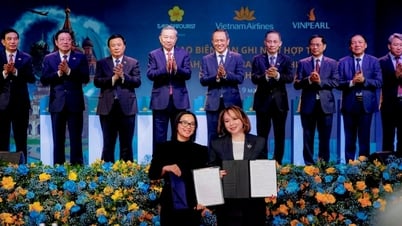
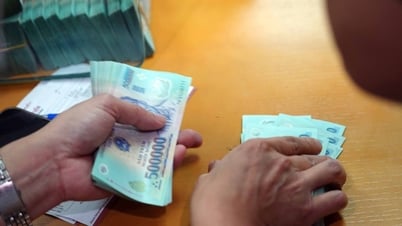





![[Photo] General Secretary To Lam meets and expresses gratitude to Vietnam's Belarusian friends](https://vphoto.vietnam.vn/thumb/402x226/vietnam/resource/IMAGE/2025/5/11/c515ee2054c54a87aa8a7cb520f2fa6e)
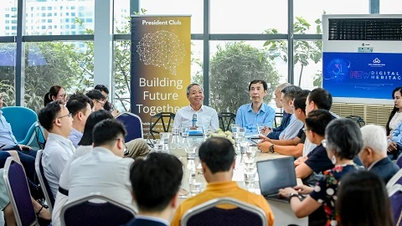
![[Photo] General Secretary To Lam arrives in Minsk, begins state visit to Belarus](https://vphoto.vietnam.vn/thumb/402x226/vietnam/resource/IMAGE/2025/5/11/76602f587468437f8b5b7104495f444d)

![[Photo] General Secretary To Lam concludes visit to Russia, departs for Belarus](https://vphoto.vietnam.vn/thumb/402x226/vietnam/resource/IMAGE/2025/5/11/0acf1081a95e4b1d9886c67fdafd95ed)

![[Photo] National Assembly Chairman Tran Thanh Man attends the Party Congress of the Committee for Culture and Social Affairs](https://vphoto.vietnam.vn/thumb/1200x675/vietnam/resource/IMAGE/2025/5/11/f5ed02beb9404bca998a08b34ef255a6)



























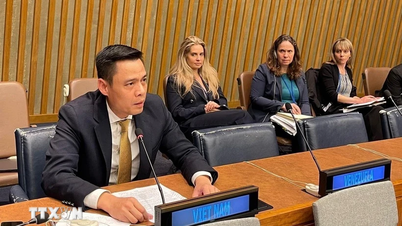





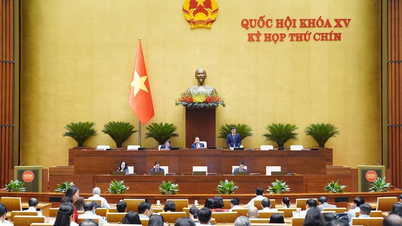

















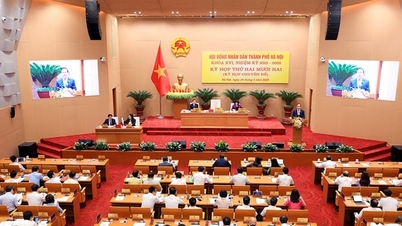













Comment (0)